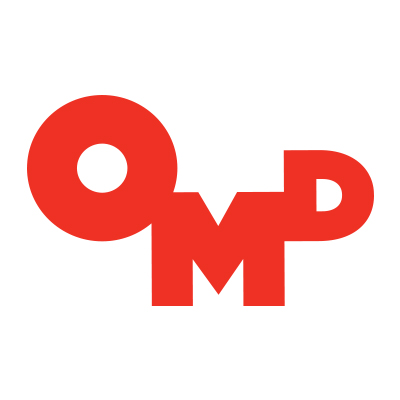Julian Esposito, Creative Director at OMD EMEA, is going to be part of the expert jury at Festival of Media Global. The panel consists of international digital innovators, media specialists and brand creatives evaluating the most innovative media and communication ideas worldwide.
What do you believe are the key trends currently driving the media sector?
It is safe to say that the global pandemic has changed the way many, if not all of us, digest content. The biggest shift I’ve seen and a trend that continues to grow is ‘cord cutting’. Moving away from traditional TV packages and signing up to VOD services such as Disney+, Apple TV, Netflix, Prime…the list goes on. People want to control what they watch and when they watch it. And whilst traditional TV may continue to fade, we have seen the importance of Live Sport and the void that has filled. This in turn has created new behaviours in how we then watch and share content. Whilst we are far apart in our homes, we want to share moments. Create watch parties or discuss moments on social.
The other space is gaming. A trend that I see no signs of slowing down but only increasing. People are looking to fill time (there are only so many online quizzes any of us can really do) and whilst mastering a hobby might be one, gaming gives people a sense of escapism. With the emergence of 5G technology as well, we are better connected to play online and engage with people in a whole new way.
From a Media and Creative perspective, it is a very interesting time in what content will be produced and what platforms people will digest it on.
What is the biggest lesson you have learnt during the global pandemic about yourself?
Wow. Deep question. First of all that I really do miss the interaction of people. Yes, we leave in an age where I can video call my brother in Tokyo or speak to a client in China with zero barriers. But I miss, like I’m sure everyone else does, that physical presences of engaging with people. Secondly the importance of focusing on yourself and those around you in terms of mental well-being. The pandemic has affected us all in different ways and it’s easy to focus on the job at hand, but it’s equally, if not more so important to assess where you are at. Something I hadn’t done as much of in the past but fully appreciate its importance in helping me to focus my energy for work and at home.
How has your role changed, if at all, because of COVID-19?
Role hasn’t changed directly but I like to believe that I’ve given my fellow colleagues the mental support they’ve needed during the pandemic. We all deal with isolation in very different ways and have all faced our challenges during the last 10-11months. Having someone to speak to is hugely important and I like to believe that, if needed, my fellow colleagues have that voice of support.
What key challenges do you now face on a daily basis?
Whilst we have all adapted to ‘working from home’, it is very noticeable how much we miss those shared sound bites you have with fellow colleagues over a coffee or walk to a meeting. That sense of collaboration which comes naturally in an office/studio environment that can lead to a spark of an idea, is lost in a world of video calls. We work hard to still nurture that natural sense of collaboration, to make a video call feel less scheduled or formal. To be a coffee moment/chat. It’s hard going but we are forever adapting and learning on sharing and growing ideas.
